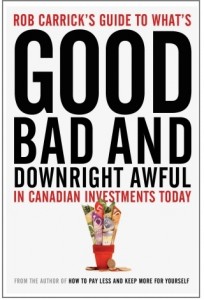
By Karin Mizgala, co-founder and CEO Women’s Financial Learning Centre and Money Coaches Canada
It has been a tumultuous start to the year for the stock market and for the various governments trying to keep the world’s economies on the straight and narrow. For the ordinary person it’s confusing and worrying.
 But what we have to remember is that markets always have their ups and downs. Easier said than done I know, but it’s best not to succumb to emotion or panic selling.
But what we have to remember is that markets always have their ups and downs. Easier said than done I know, but it’s best not to succumb to emotion or panic selling.
It’s now especially important to take a longer view of investments. If you weren’t planning to cash in all your stocks or mutual funds now, it’s no time to panic and change those plans. Markets move in cycles and this is unlikely to be any exception. There are even some investors, quick to see a silver lining, who are snapping up stocks at these lower prices.
There are things that you can do to cope and we’ve compiled our top five tips to reduce stress during economic uncertainty.
1. Focus on the things you can control — like living within your means and paying down debt
Take interest rates for example. There’s little you can do about them except make sure you’re prepared for whatever may come. If you’ve racked up credit card debt, make a workable plan to pay it off and cut up your credit cards or at least put them in deep freeze. Use cash for your discretionary expenses like eating out and entertainment. Figure out what you spend on those and other frills and take that cash out at the beginning of the week. Once it’s gone, it’s gone — no going back to the ATM before next week’s installment of ‘fun money.’ Continue reading

